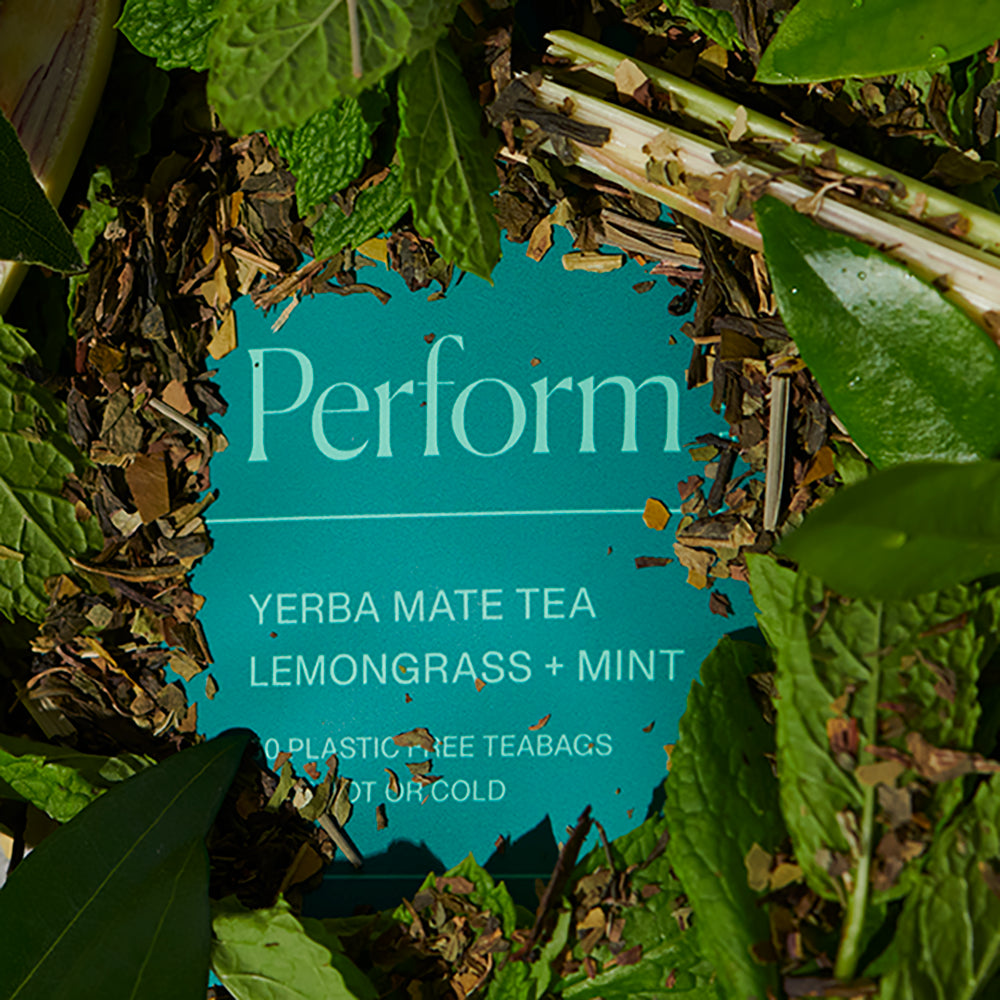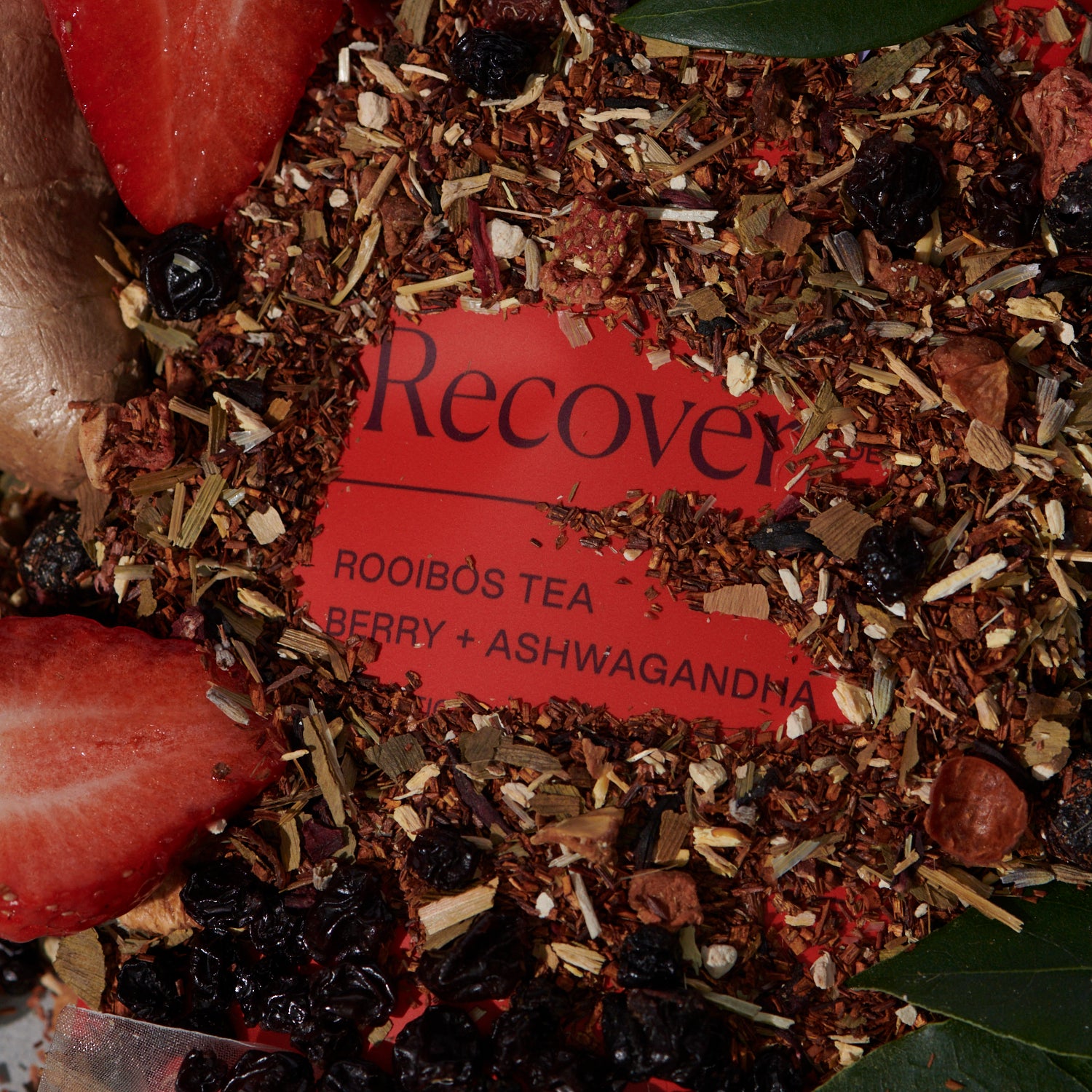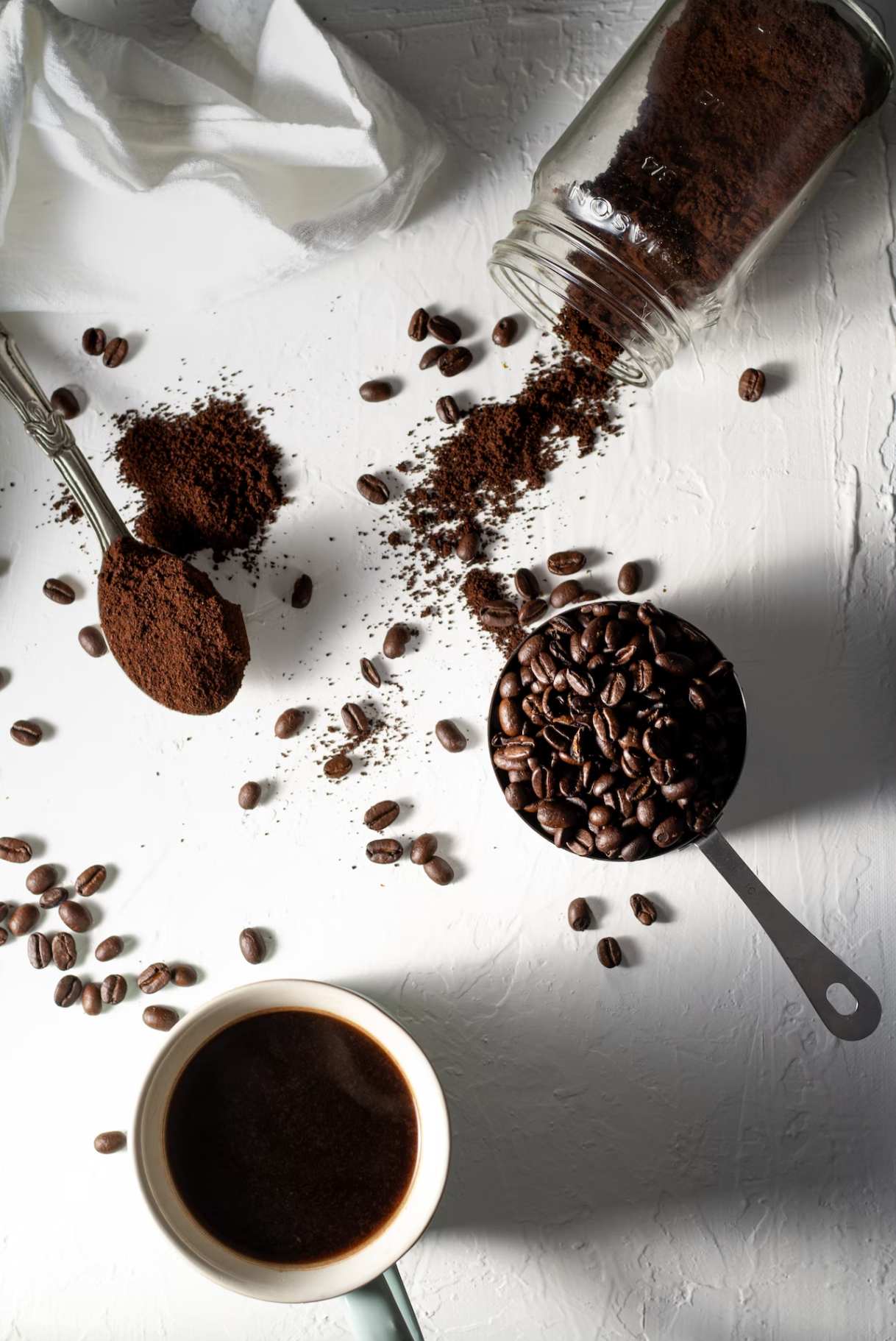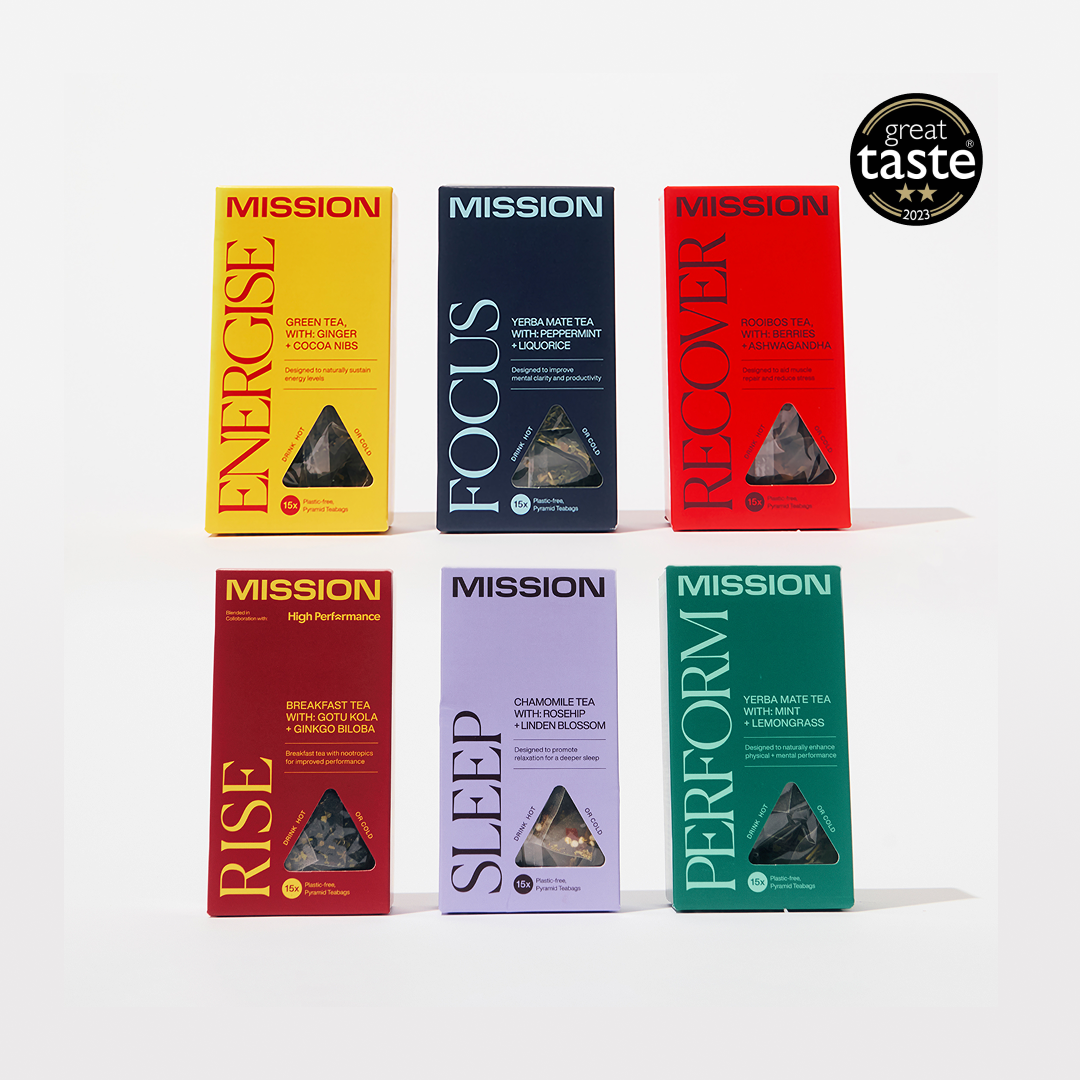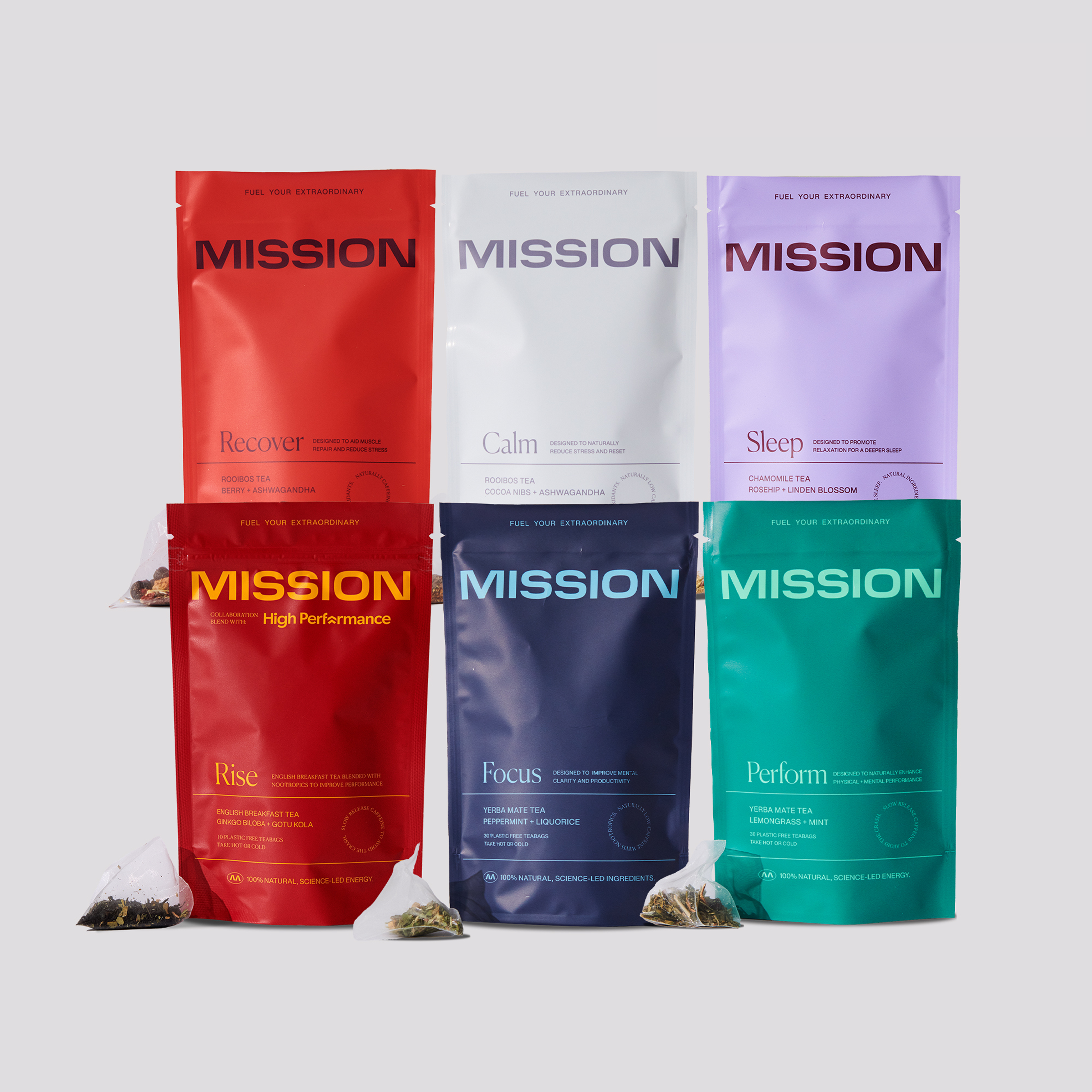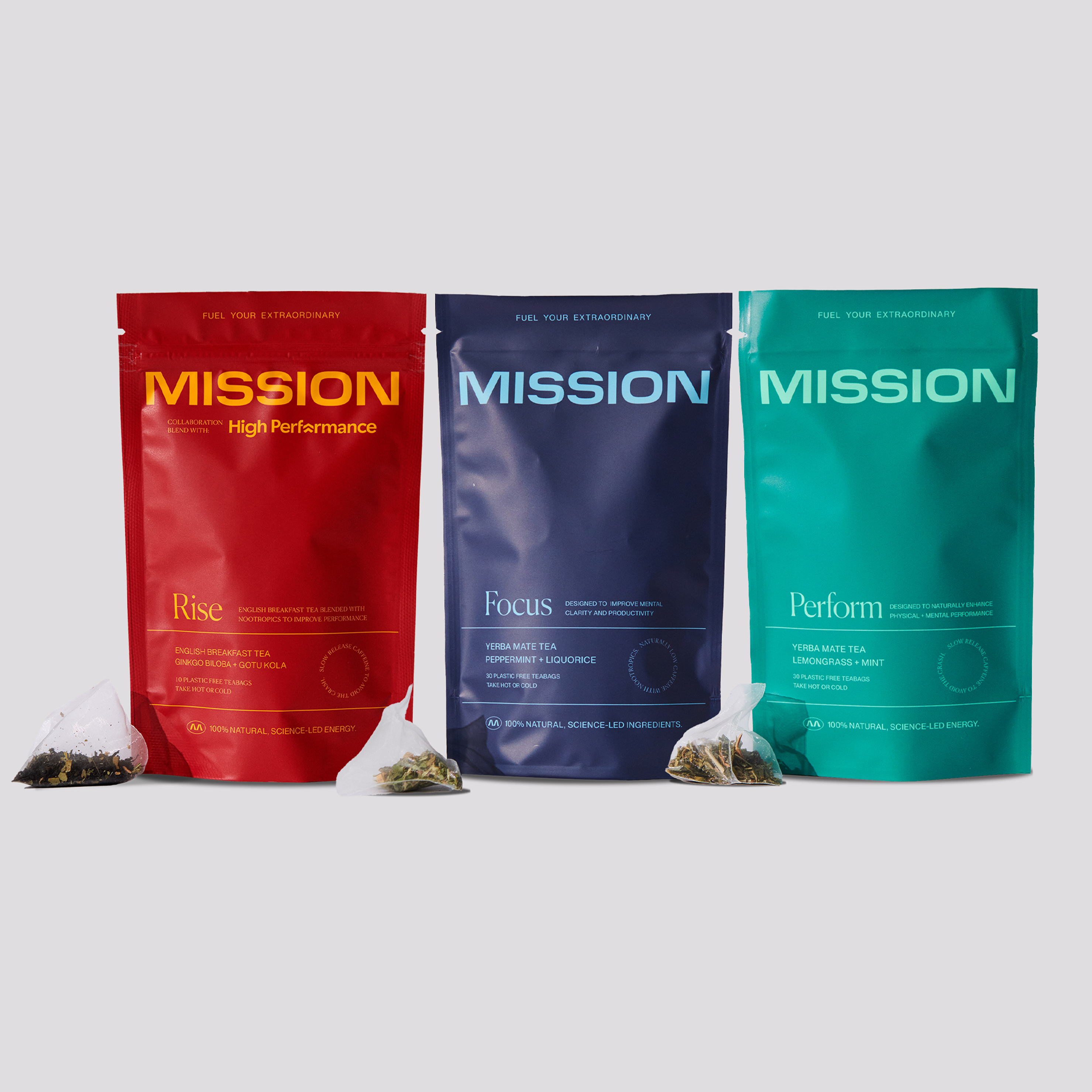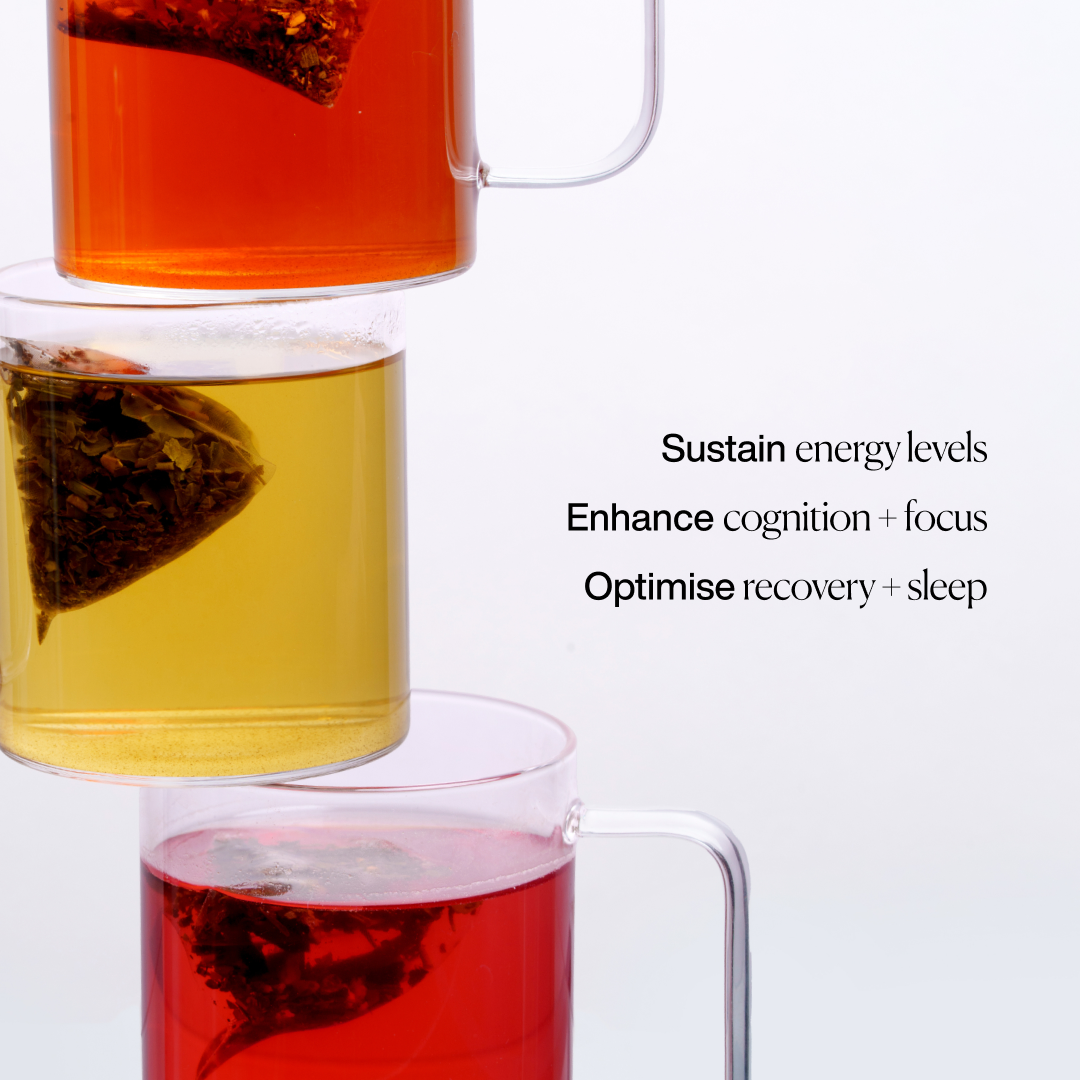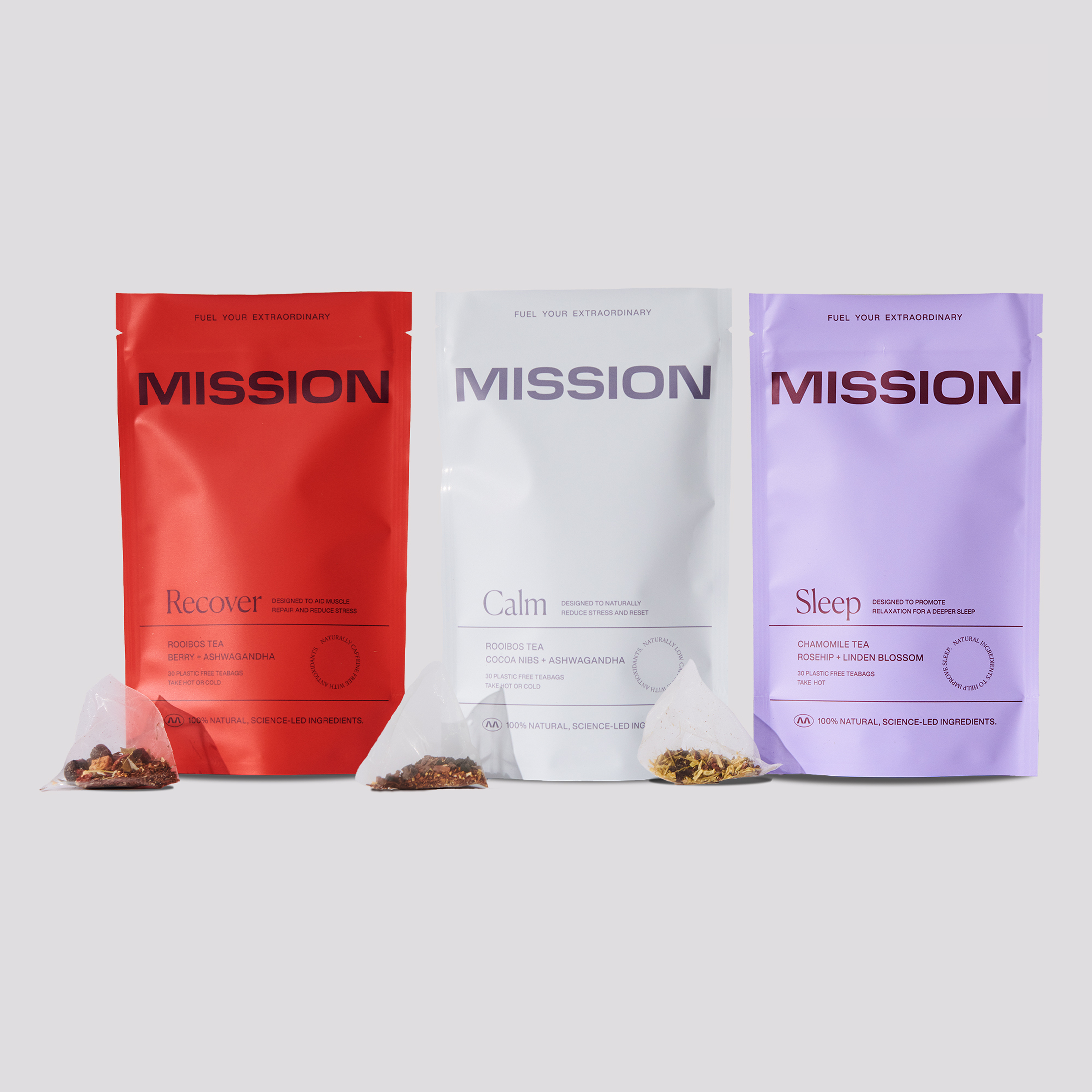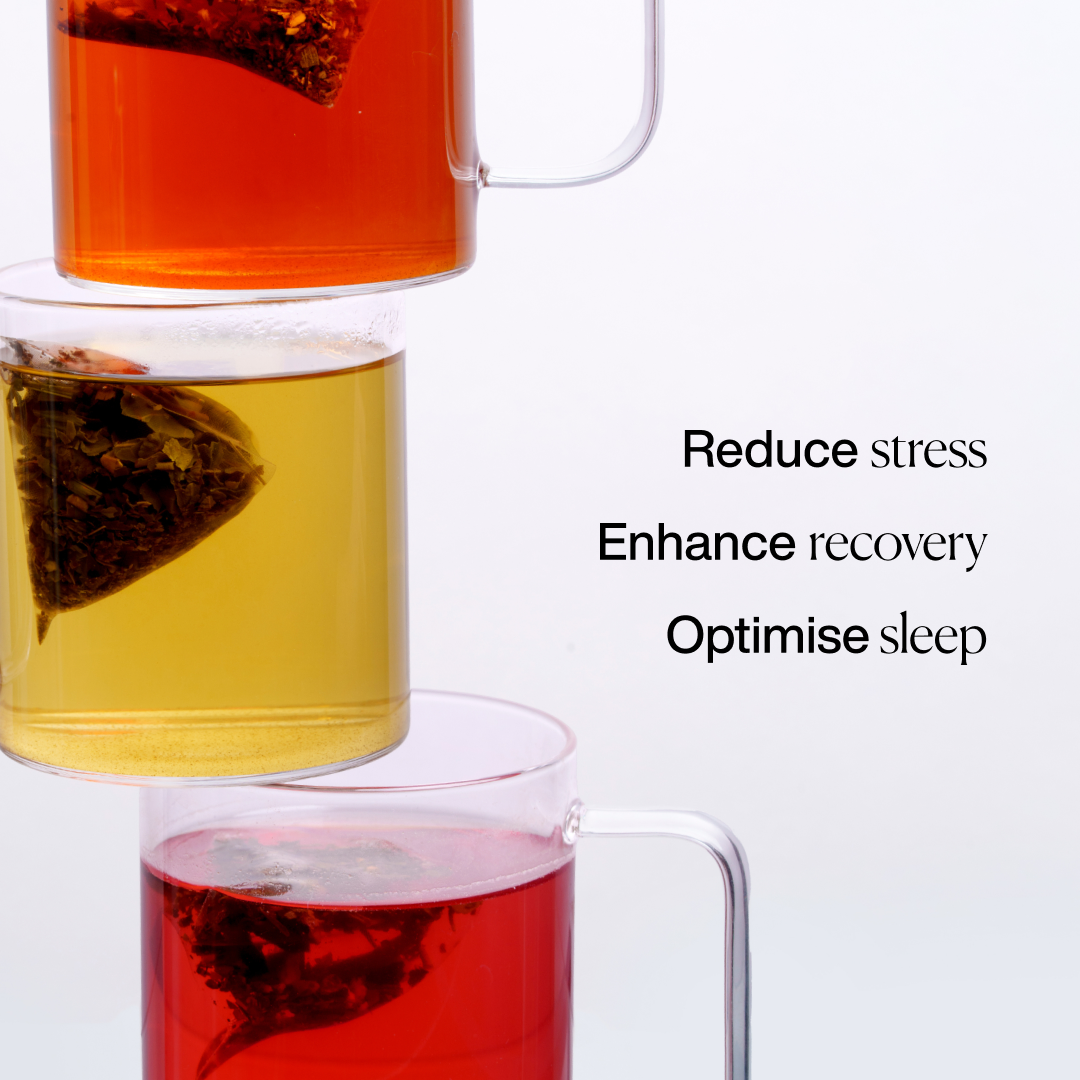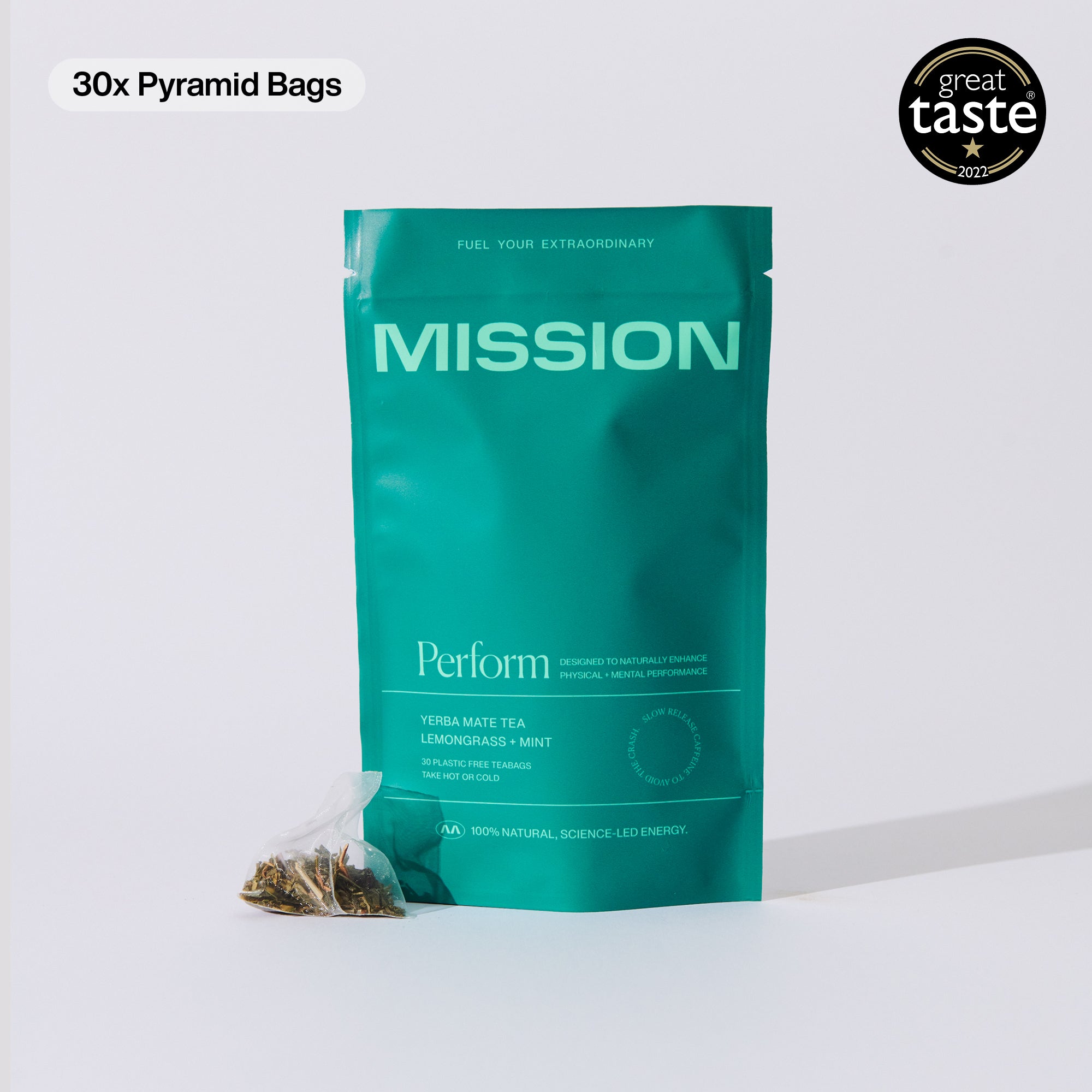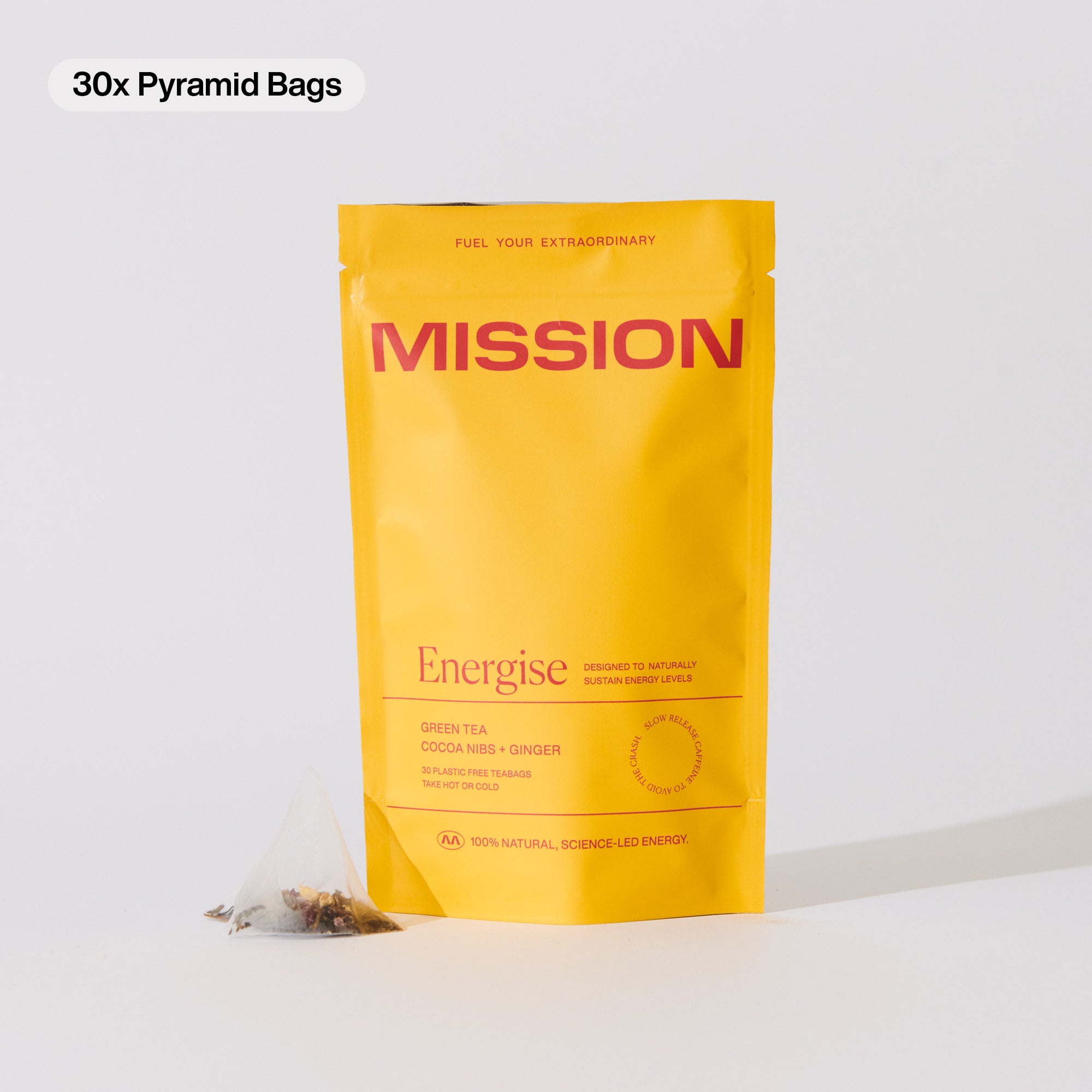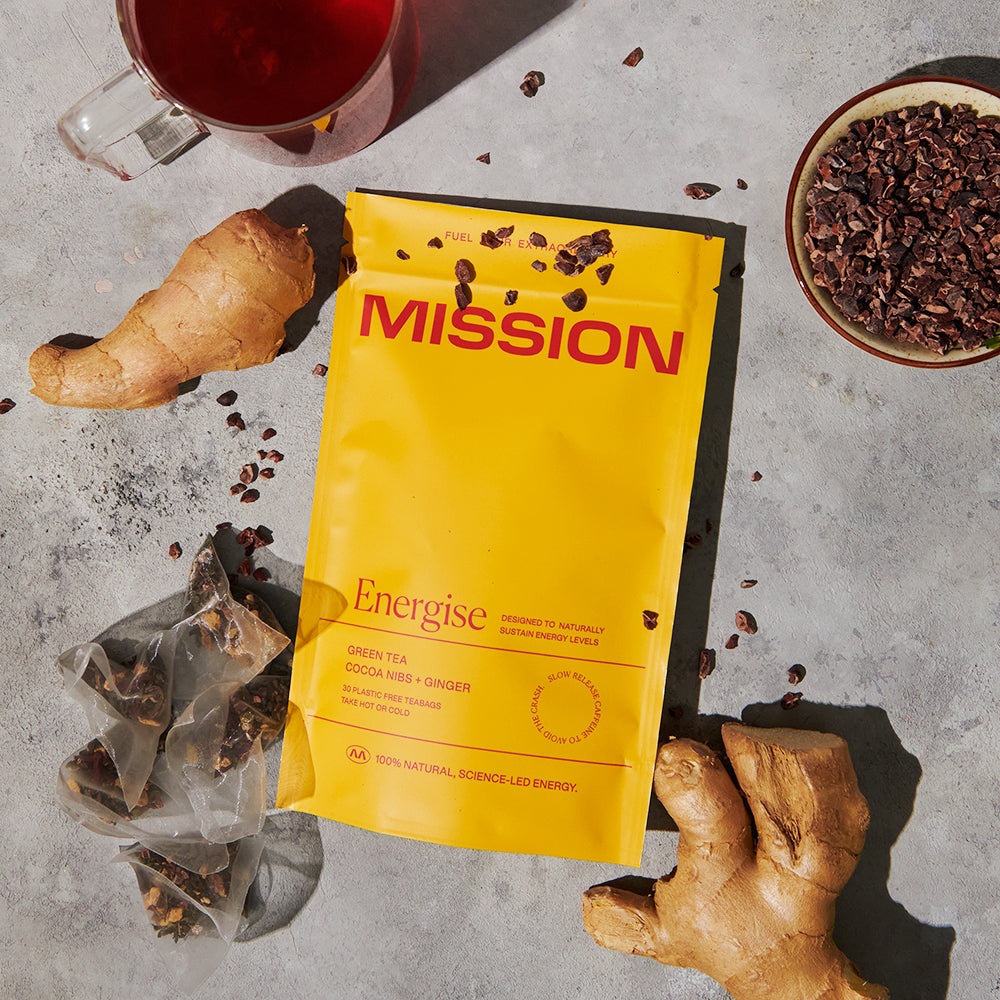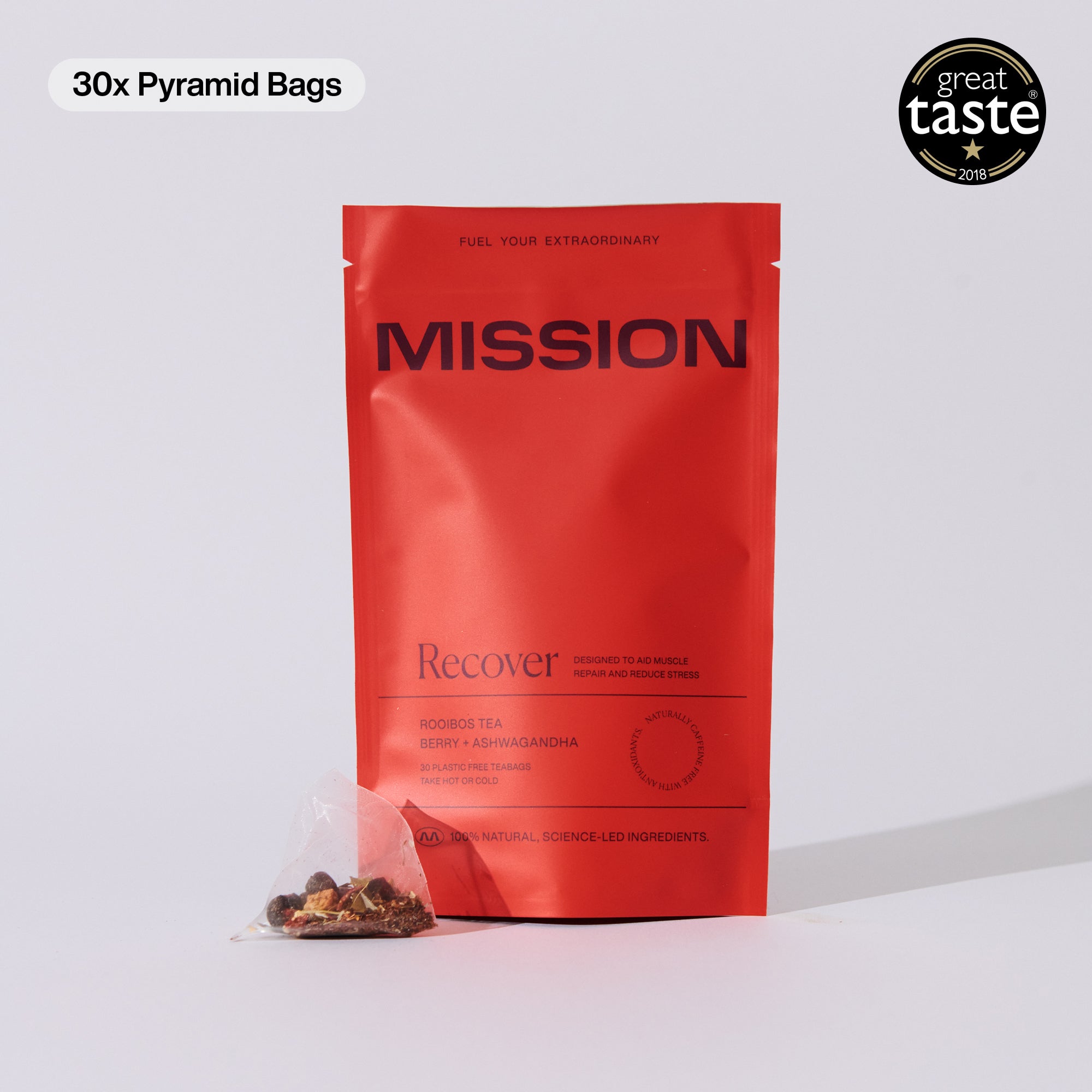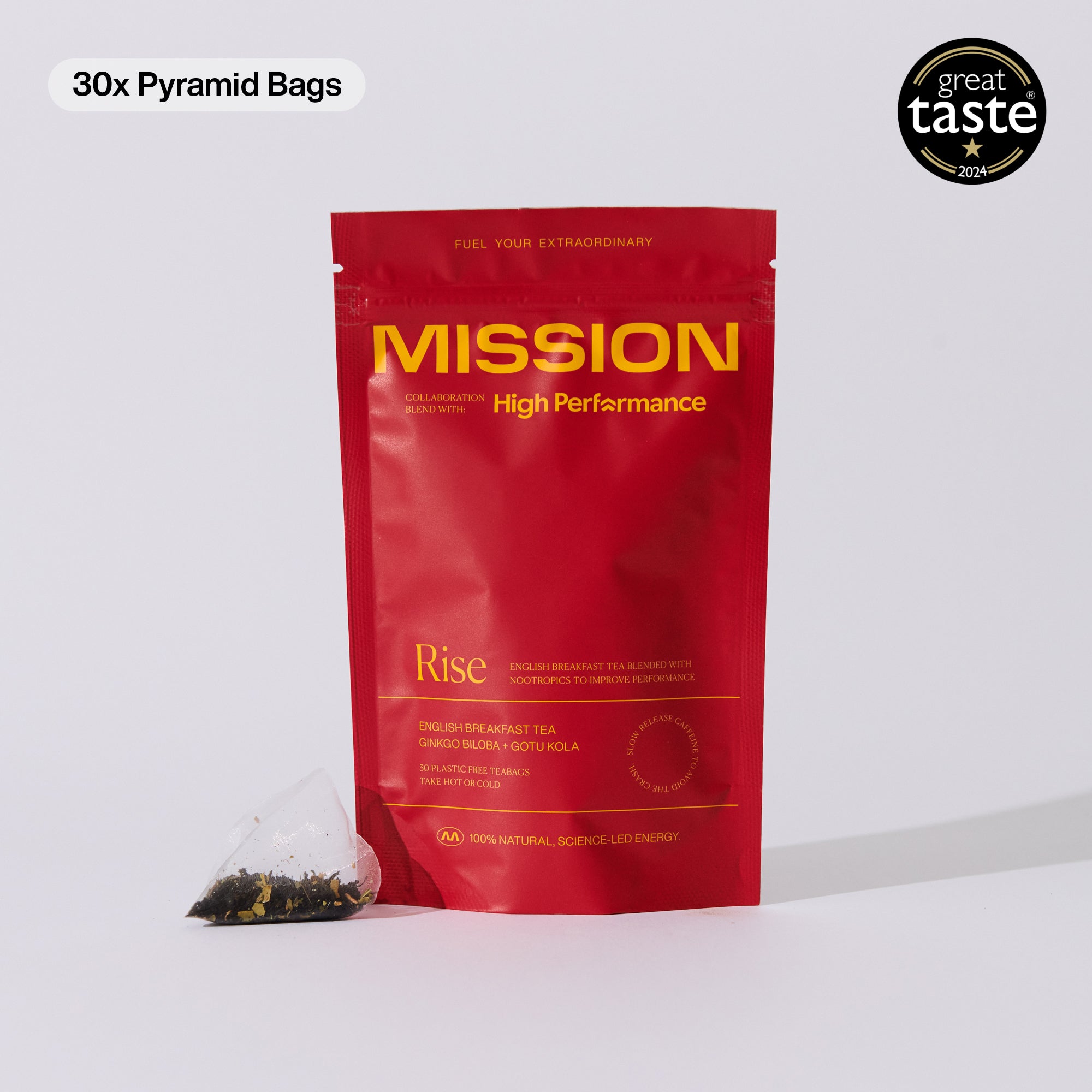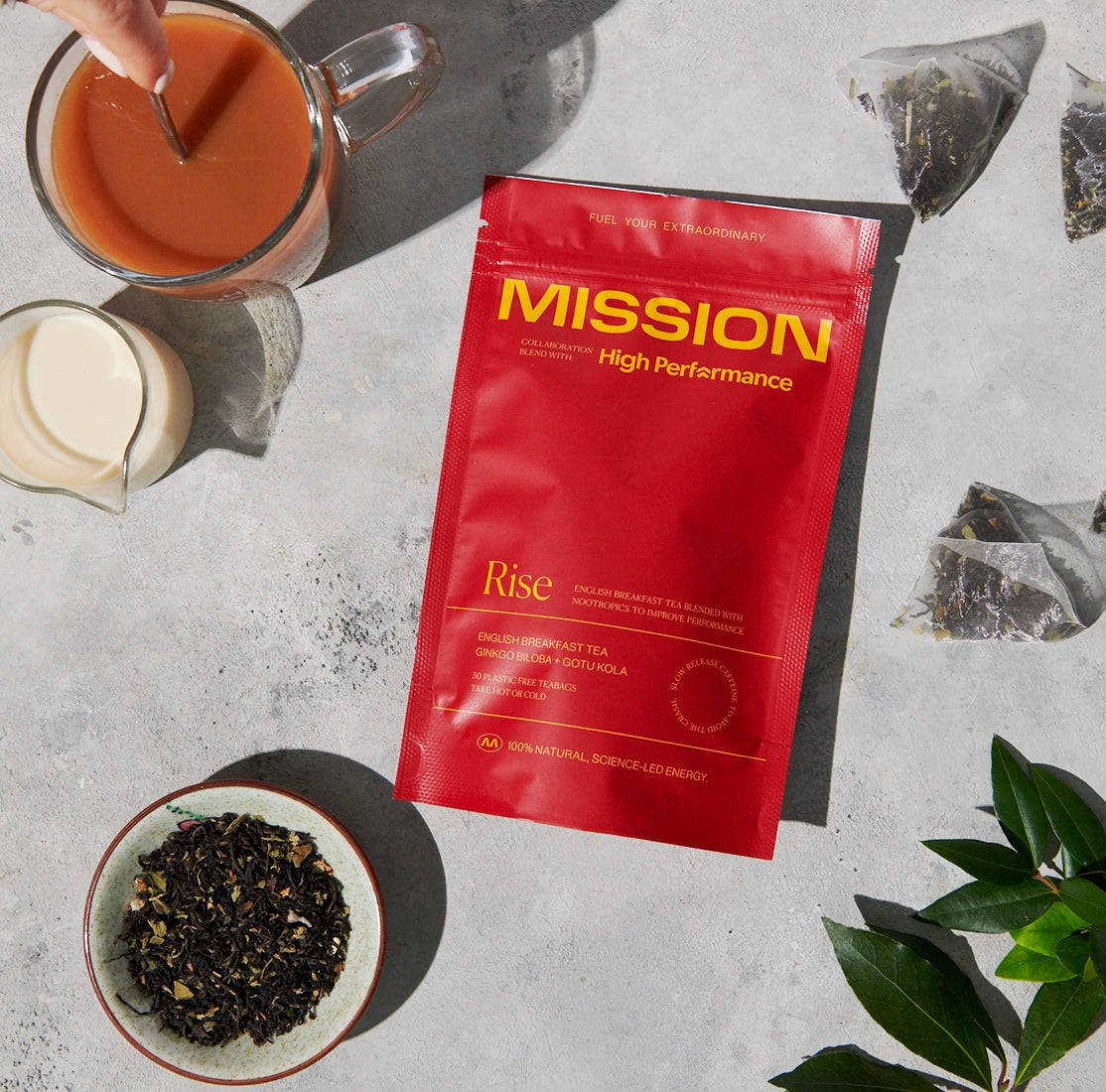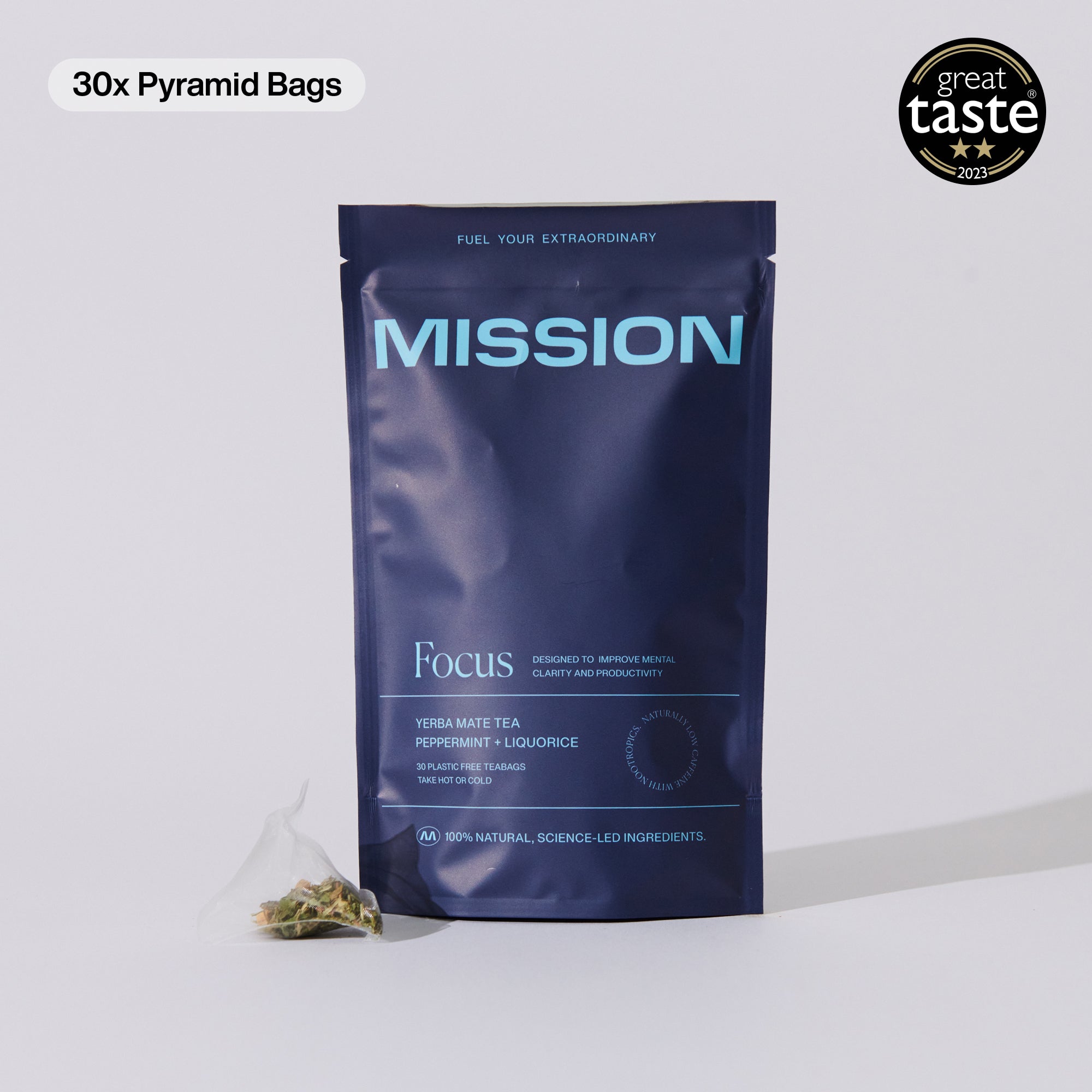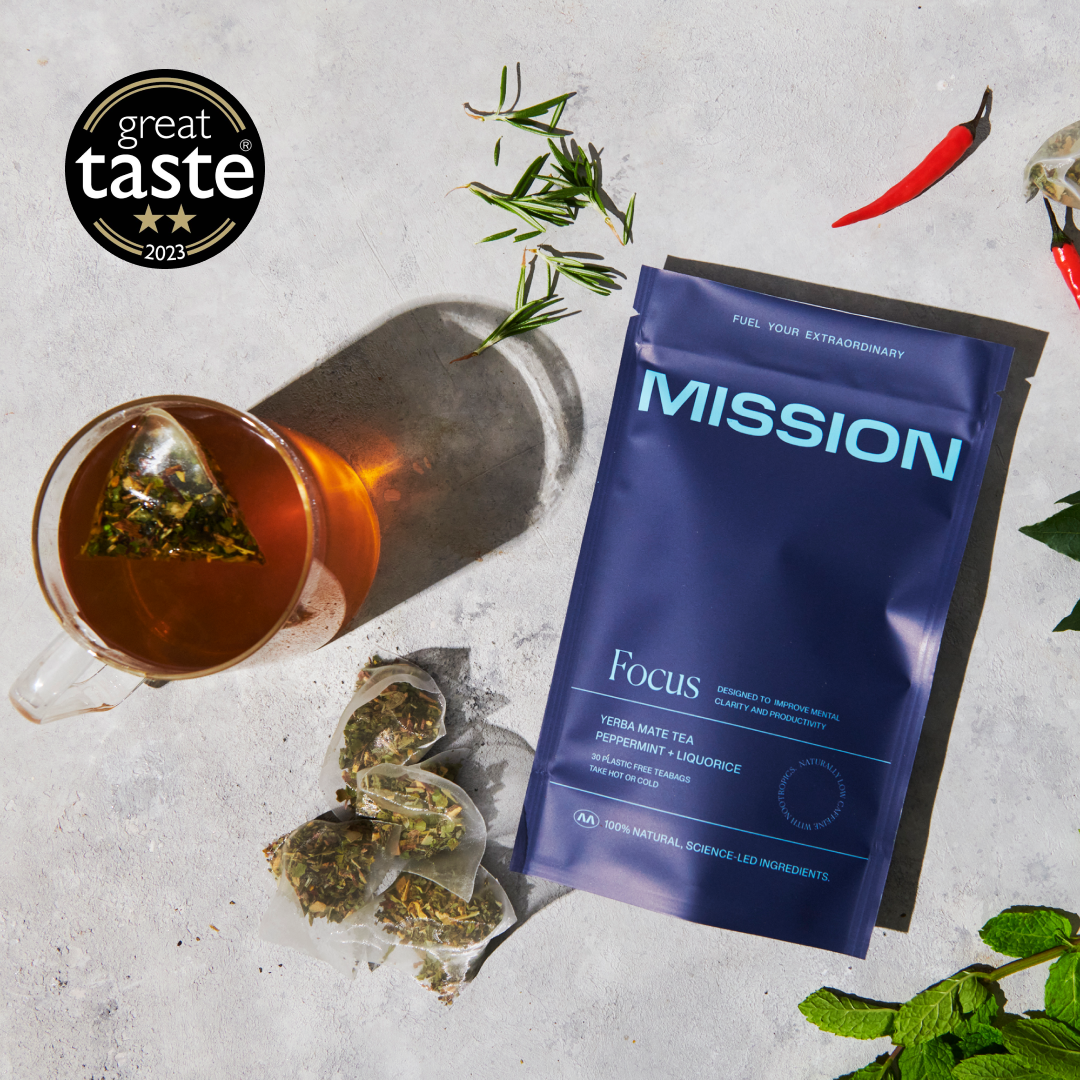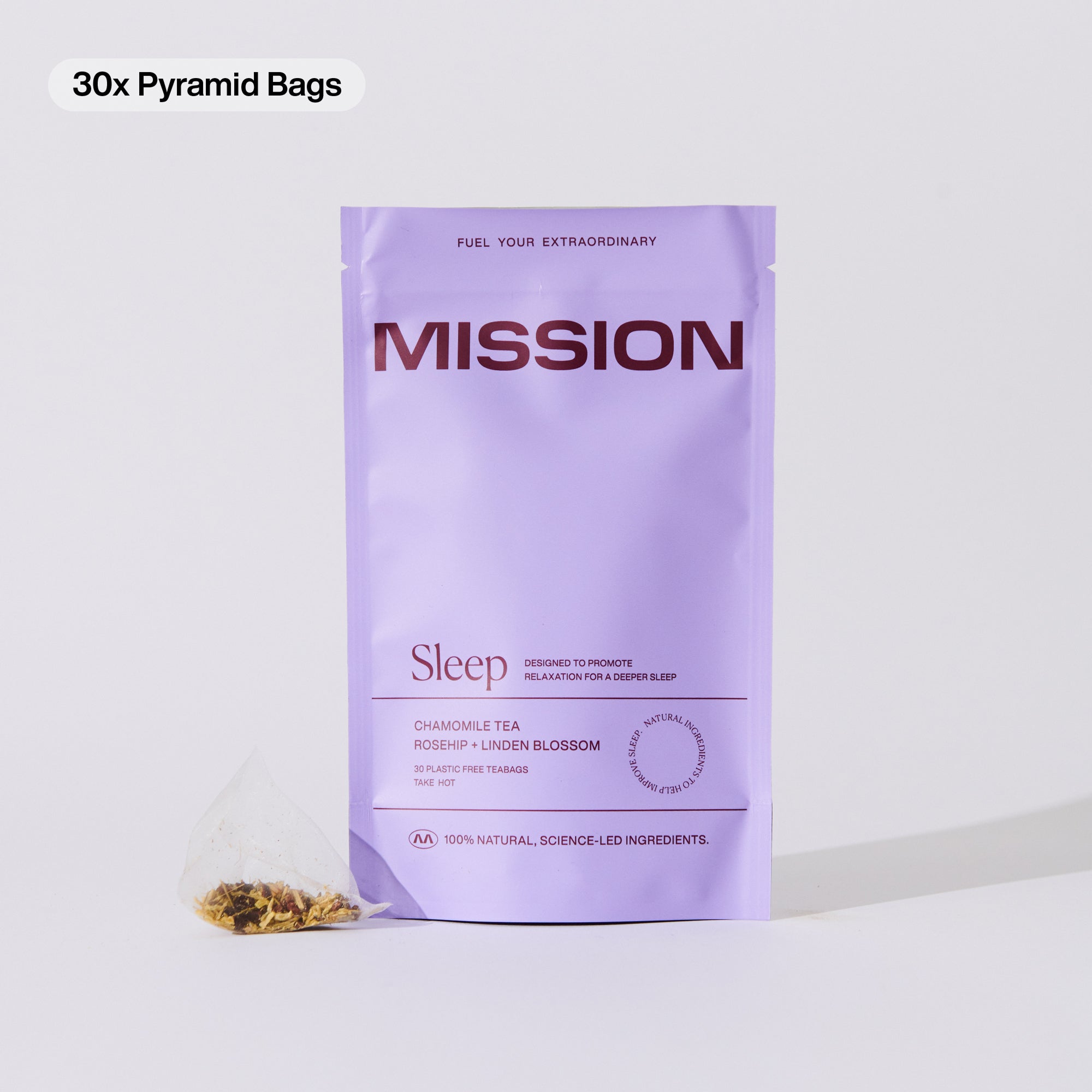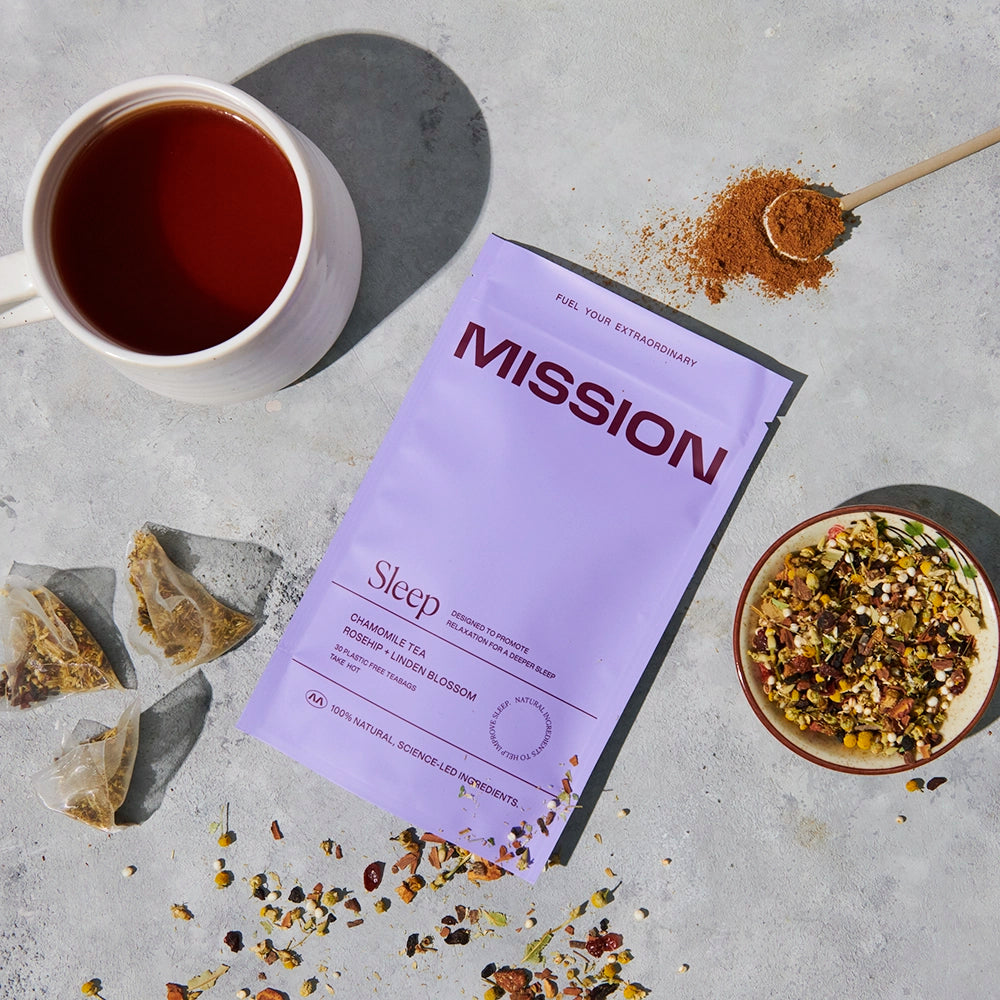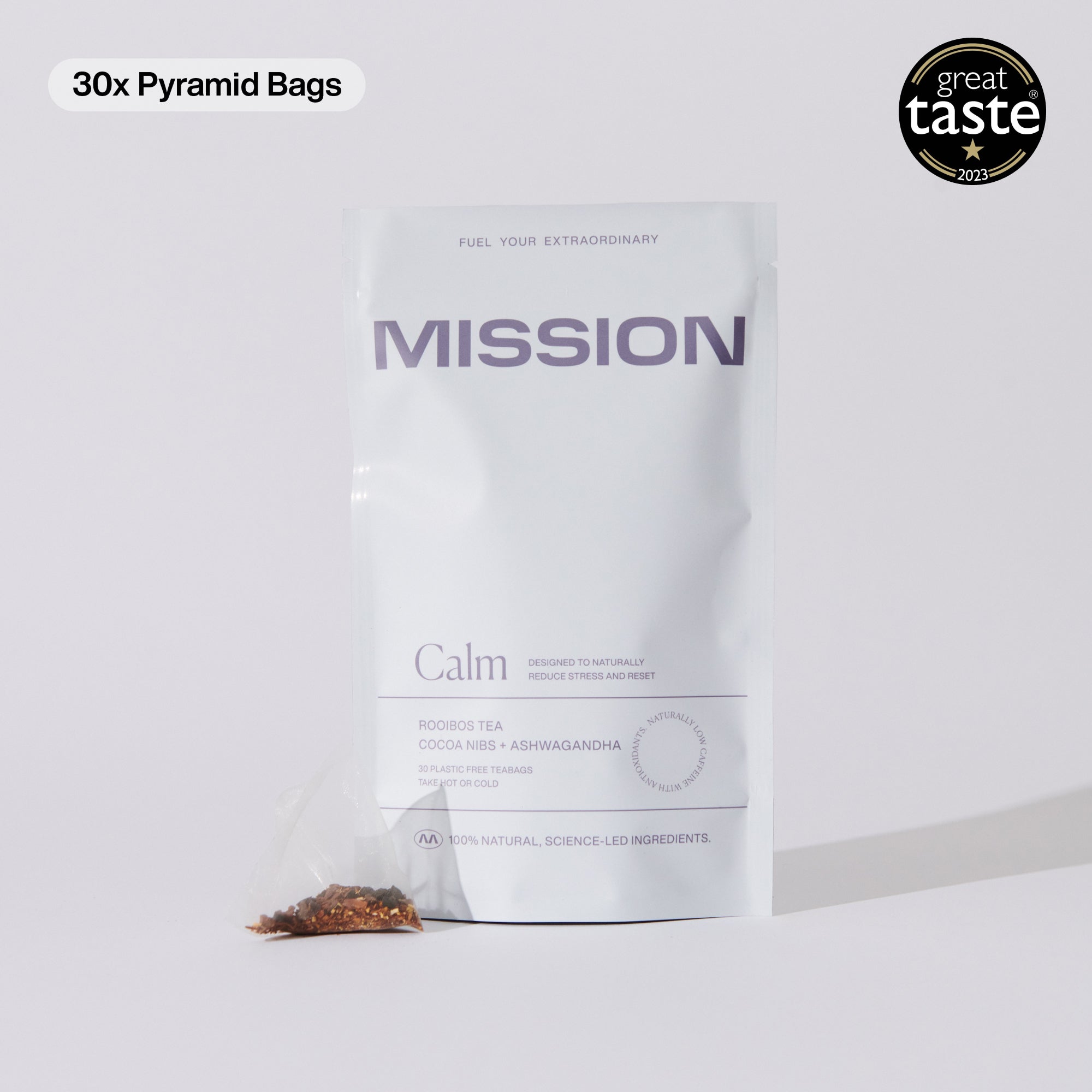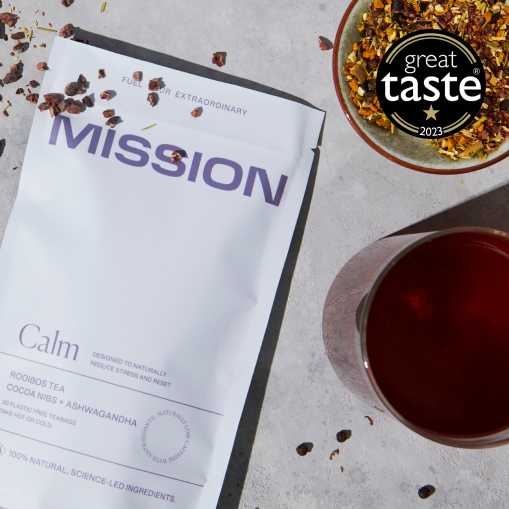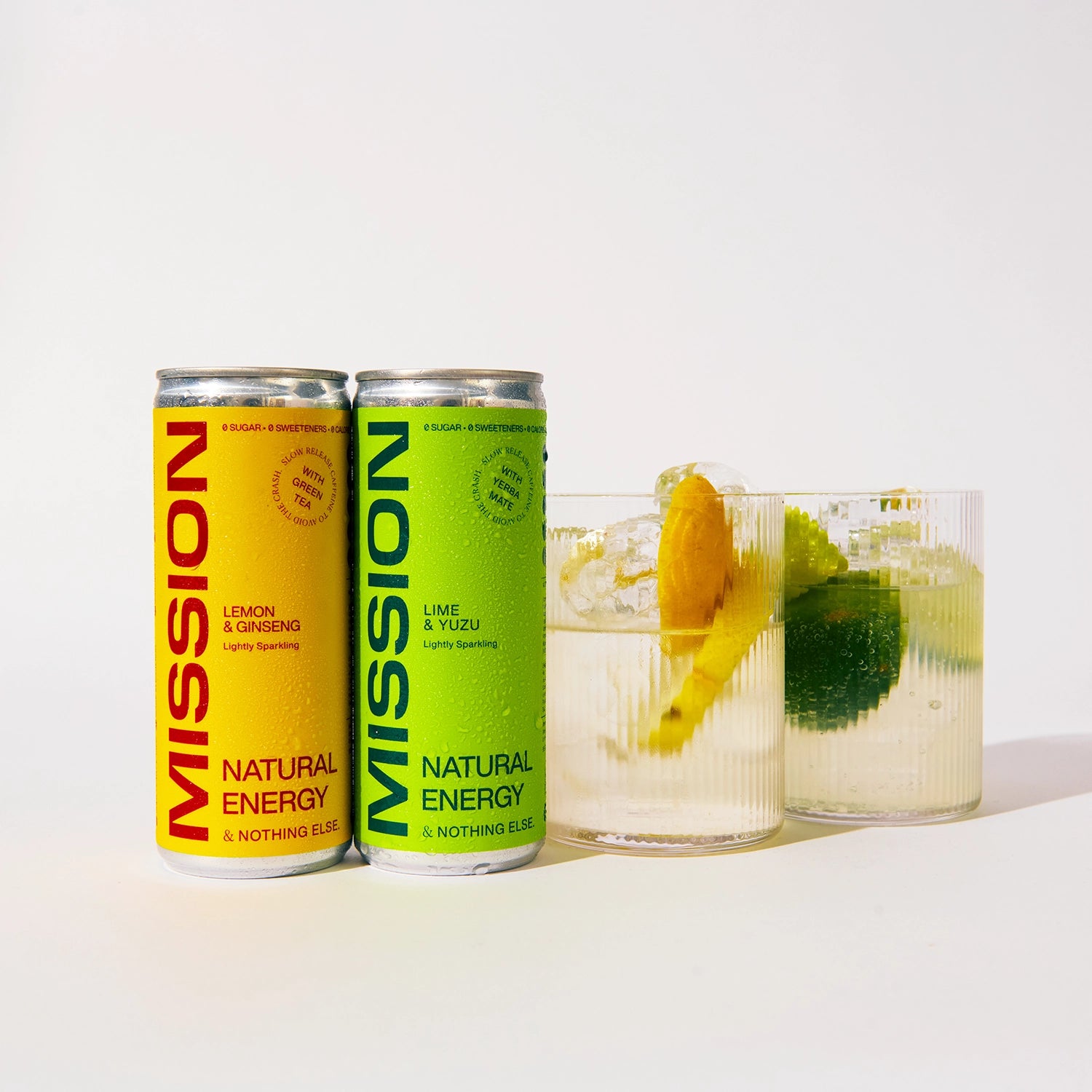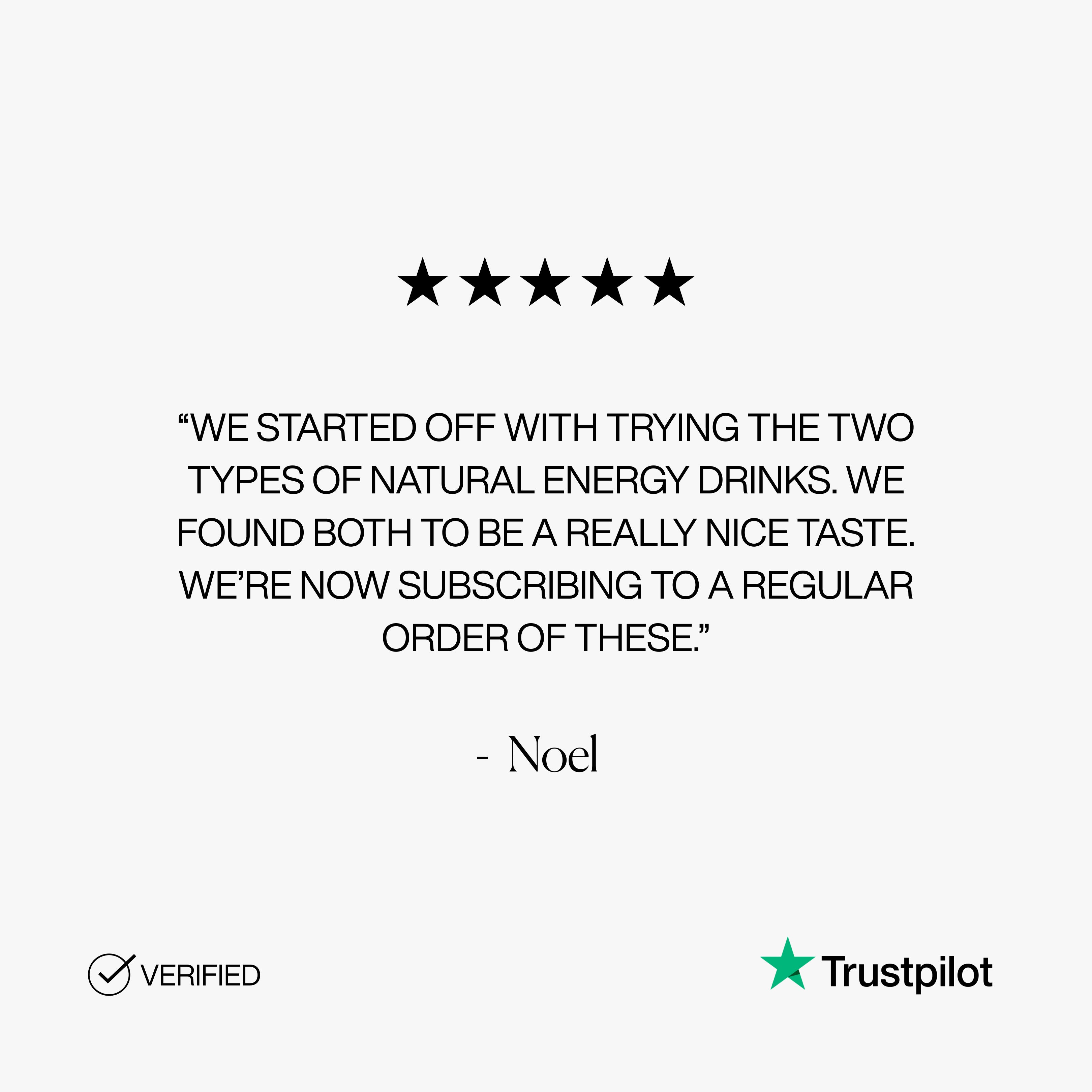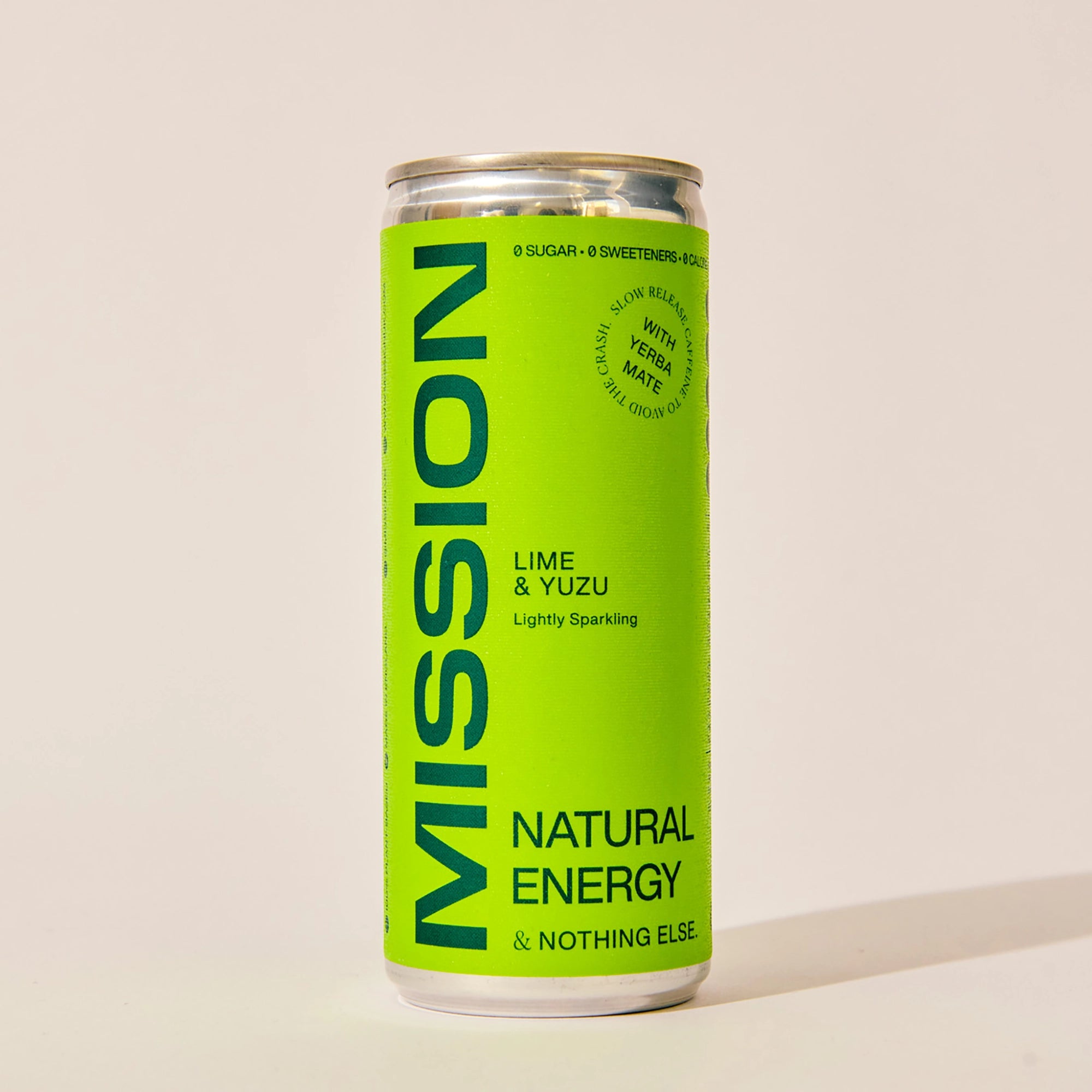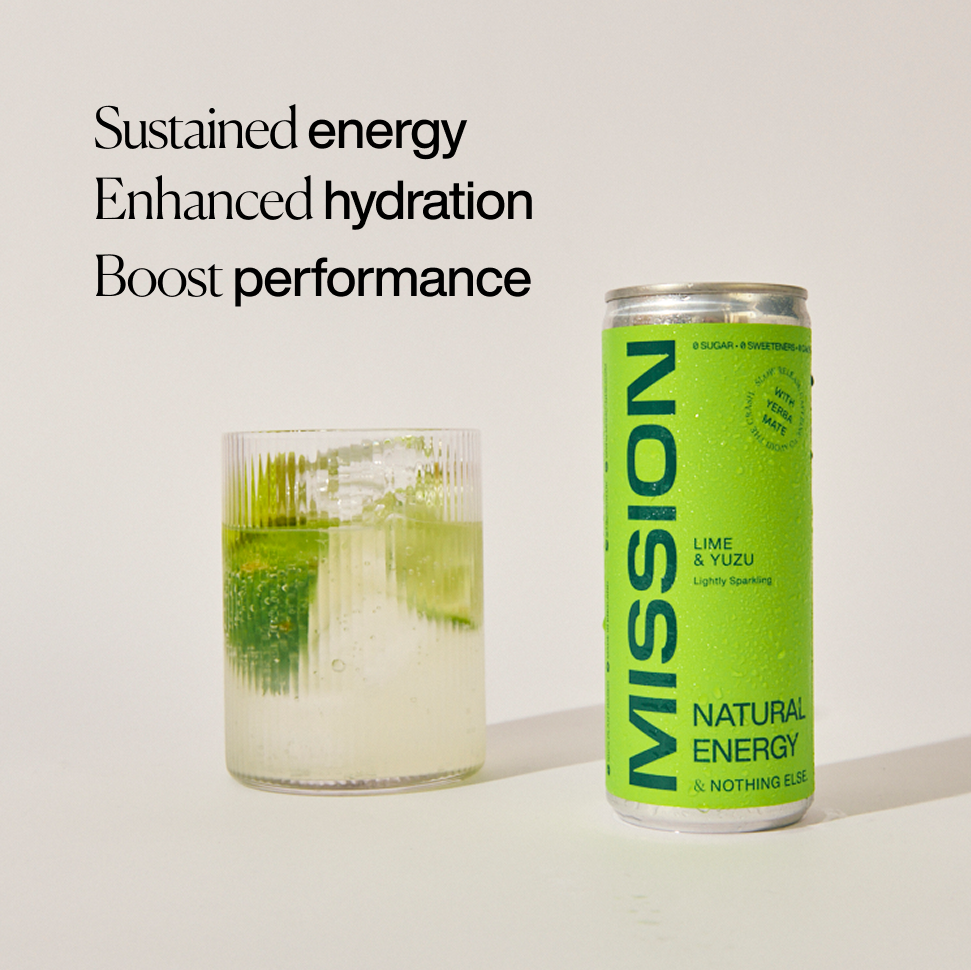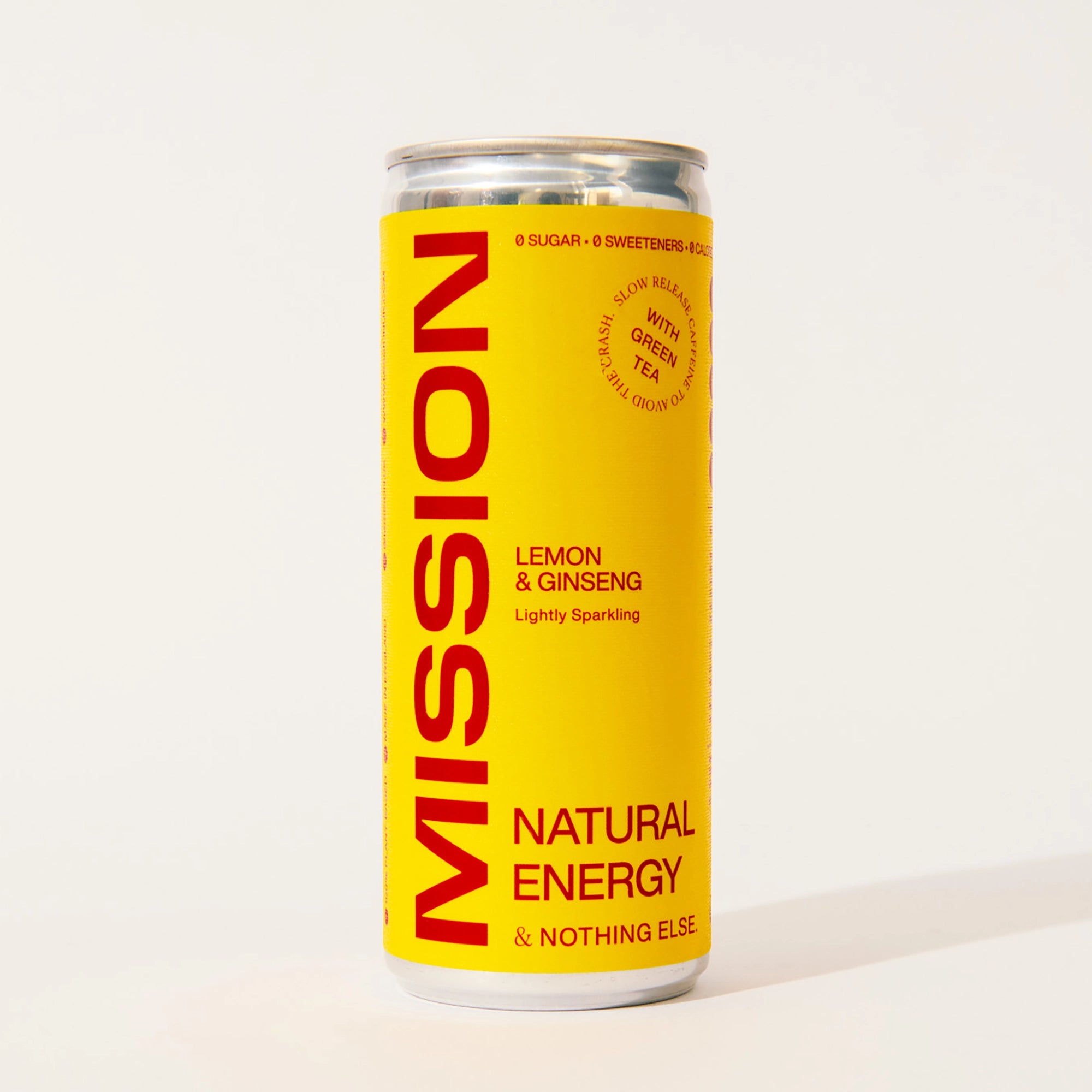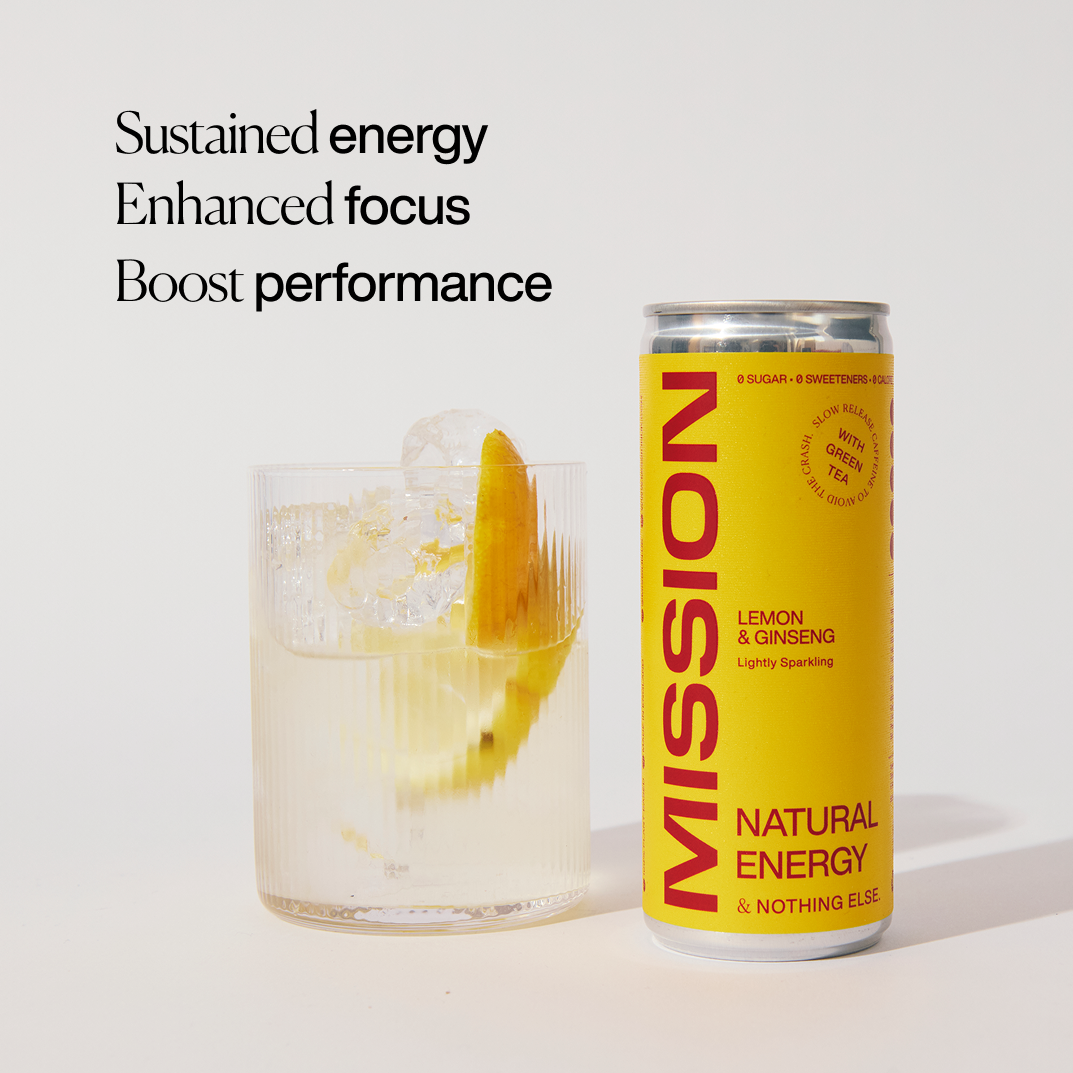Hidden sources of caffeine
Caffeine is a natural stimulant which means it can be found in a variety of different foods and drinks. Of course, there are the usual suspects of coffee + tea, but you can also find caffeine naturally, or added to other products you wouldn’t necessarily expect. These could be impacting your energy levels or your sleep, so are great to be aware of!

Chocolate
Chocolate is derived from naturally-caffeinated cacao beans, so the caffeine content can vary from around 12-70mg per 100g. The variation is because caffeine is naturally occurring in the cocoa beans used to make chocolate, so the percentage of cocoa impacts the amount of caffeine. Therefore, the darker the chocolate, the higher the caffeine content. However, this does not mean we should avoid chocolate/cocoa! Cocoa beans are also sources of other beneficial compounds that can promote relaxation, improve mood and potentially support healthy cardiovascular function. If you are caffeine sensitive, you may want to be mindful of having chocolate too close to your bedtime, but due to the benefits that it can bring (plus, the joy of eating it!), it should definitely not be removed from your diet. Try our energise tea blend which uses cocao nibs.
Medications / Supplements
Caffeine is common among many over-the-counter medications. This is because caffeine is thought to play a role in pain relief by temporarily reducing blood flow - restricting blood flow can help alleviate some pain in your body. As well as being present in many over-the-counter medications, it can also be found in your daily multivitamin or similar supplements. You should check the label of any multi-vitamin supplements you take as if caffeine is listed as an ingredient, it will likely have a significant amount, which could be impacting your sleep.

Snack bars
Protein or energy bars might be a surprising culprit here. They typically include ingredients such as dried fruits, nuts, and other sweeteners but they could also contain varying amounts of caffeine depending on other ingredients and their flavour. The caffeine in these bars may come from small amounts of ground coffee beans, matcha and green tea extract, yerba maté, cacao, or added extracts which are commonly found.
Soft drinks
When soft drinks first emerged, they used ingredients of kola nuts and coca leaves to provide them with the flavour and also the ‘pick-me-up- effect that people tend to drink them for. A few years down the line, the use of coca leaves in foods/drinks was restricted and regulated. Therefore, to make sure that the taste and benefit weren’t impacted, drinks companies began adding caffeine synthetically to their drinks, and that is how they are continued to be made today. The caffeine content varies on the drink (e.g. diet coke actually contains more caffeine than coca-cola), but no matter which drink you go for, the modern manufacturing of soft drinks relies on synthetic caffeine, artificial flavouring and added sugars, which can be a sneaky way to impact your sleep quality and also be detrimental to your health.
Alcohol
While lots of alcoholic beverages aren’t naturally caffeinated, similarly to protein/energy bars, there are many alcoholic beverages that do have added caffeine in them, either for function or flavour. The combination of caffeine and alcohol is a big one in the nutrition world due to the effects of their interaction. Caffeine can mask the negative side effects of alcohol, meaning drinkers feel more alert than they would otherwise. As a result, they may drink more alcohol and become more impaired than they realise. Interestingly, alcohol also impacts caffeine’s metabolism in the body. It’s been found that substantial alcohol intake increases the time it takes for caffeine to leave your system (known as half life). This could be what is keeping you up at night, so keep this in mind if/when you are consuming alcohol at a similar time to caffeine.
Decaffeinated products
That’s right, even when you order decaf, it is not totally caffeine free. There are small but varying amounts (up to 15mg) of caffeine present in decaf versions of your favourite beverages. Again, if you’re super sensitive to caffeine, a decaf option should not be left too late in the day to avoid any impact of caffeine on your sleep. Try our caffeine free tea bundle.




